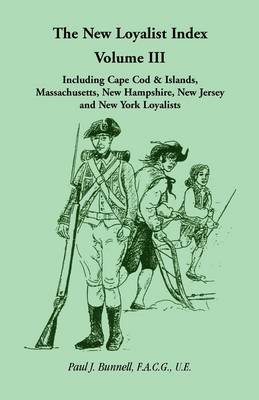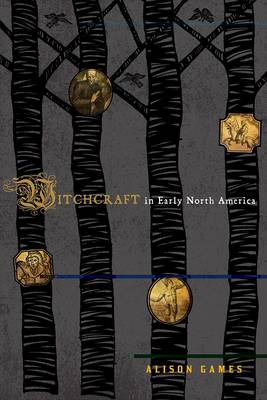'Poignant, fascinating, entertaining and informative ... reminds us exactly how much did happen in that time span and of how many tantalising hints he left behind' Financial Times'Brilliantly captures Kennedy's entire life through the prism of his final months ... the hero, like the devil, is in the detail' Mark Mason, Spectator, Books of the Year'Wonderfully vivid' Dominic Sandbrook, Sunday Times'A vivid portrait of Kennedy as an immensely complex human being: by turns detached and charis...
After emerging victorious from their revolution against the British Empire, many North Americans associated commercial freedom with independence and republicanism. Optimistic about the liberation movements sweeping Latin America, they were particularly eager to disrupt the Portuguese Empire. Anticipating the establishment of a Brazilian republic that they assumed would give them commercial preference, they aimed to aid Brazilian independence through contraband, plunder, and revolution. In contra...
Before colonial Americans could declare independence, they had to undergo a change of heart. Beyond a desire to rebel against British mercantile and fiscal policies, they had to believe that they could stand up to the fully armed British soldier. Prelude to Revolution uncovers one story of how the Americans found that confidence. On April 19, 1775, British raids on Lexington Green and Concord Bridge made history, but it was an episode nearly two months earlier in Salem, Massachusetts, that set t...
In this book, Novak probes the innermost convictions of Washington, Jefferson, Madison and the others who helped the American eagle take wing. He shows how they were able to find common ground by appealing to the God of the Hebrews. He traces what happened to this Hebrew metaphysics as the world of the founders became the world of modernity.
The Battle of Trenton, the Battle of Princeton
by Samuel Stelle Smith
Often cited as the turning point of the American Revolution, the battles of Trenton and Princeton were instead the first victories by George Washington's demoralized troops over the Hessians and British, respectively. Highlighted by Washington's brilliant Delaware River crossing, the victories reenergized the American forces and allowed both Continental officers and soldiers to believe that they could defeat a much more experienced enemy and gain independence from Great Britain. Long recognized...
Told by one of our country's greatest historians, the Pulitzer Prize-winning author of Truman, here is the extraordinary history of the birth of our country, seen through the lives of two extraordinary men: John Adams and Thomas Jefferson. Unabridged. 25 CDs.
An Eulogium of the Brave Men Who Have Fallen in the Contest With Great-Britain
The American Revolution was deadlocked in the north, and in 1778, the focus of the conflict shifted south. Following his decisive 1780 victory at Charleston, Cornwallis launched a campaign through the Carolinas that was designed to expel American Continental and militia forces from the south. The subsequent patriot victory at King's Mountain forced Cornwallis to withdraw into South Carolina in what was one of the turning points in the Revolutionary War. To the southeast, Francis Marion enacted a...
Two hundred twenty years after the second Continental Congress approved the American Declaration of Independence, its principal author, Thomas Jefferson, is more and more frequently labeled "radical." His words are even used to validate the agendas of today's right-wing militias. But his unorthodox religious views, which permeate the Declaration, are most deserving of the appellation. Allen Jayne analyzes the ideology of the Declaration - and its implications - by going back to the sources of Je...
The Hessians and the Other German Auxiliaries of Great Britain in the Revolution
by Edward J Lowell
Spies of the American Revolution (Reading Essentials in Science)
by Martha Sias Purcell
Biographical Notes Concerning General Richard Montgomery [microform]
by Anonymous
Absolutely authoritative and immediate, this is the story of the most powerful of American Indian tribes, the Comanches (they called themselves the "true human beings"), who rode into modern history in a headlong collision with western civilization. T. R. Fehrenbach here recreates their rise to power, from their first harsh struggles for survival in the Eastern Rockies through uncounted generations who desperately resisted privation and suffering until they encountered and mastered the horse (fi...
Witchcraft in Early North America (American Controversies)
by Alison Games
Witchcraft in Early North America investigates European, African, and Indian witchcraft beliefs and their expression in colonial America. Alison Games's engaging book takes us beyond the infamous outbreak at Salem, Massachusetts, to look at how witchcraft was a central feature of colonial societies in North America. Her substantial and lively introduction orients readers to the subject and to the rich selection of documents that follows. The documents-some of which have never been published prev...

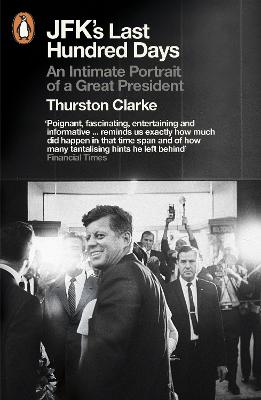
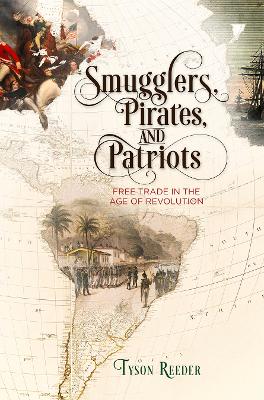
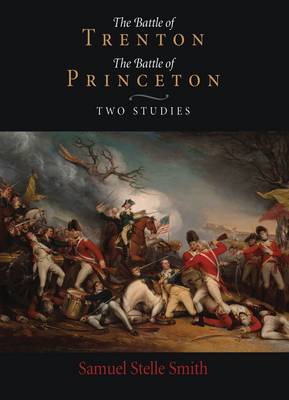
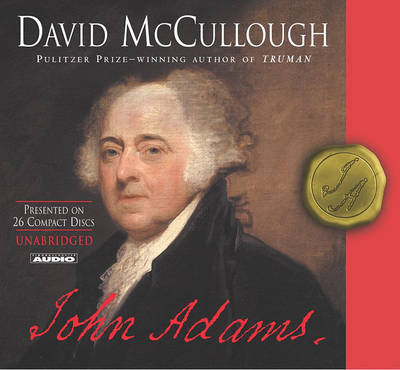
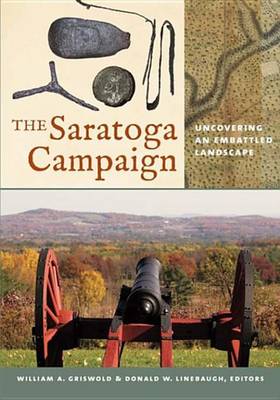
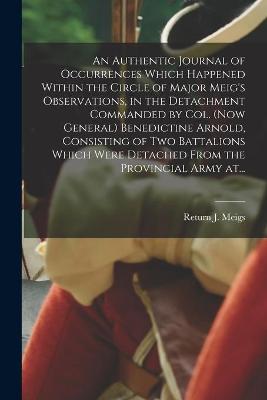
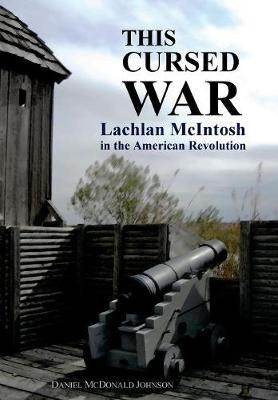
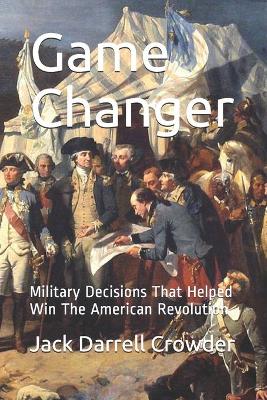
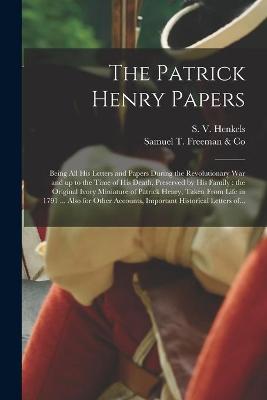
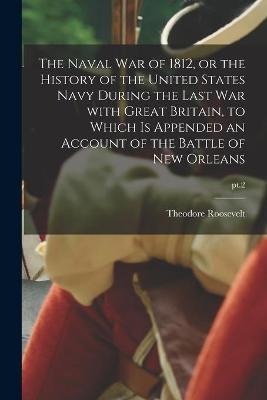
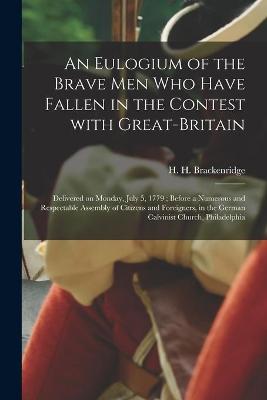
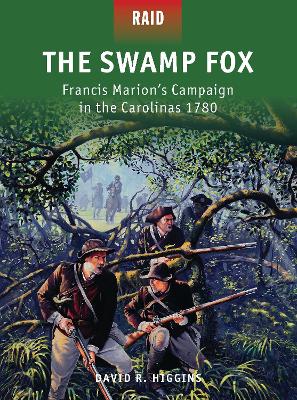
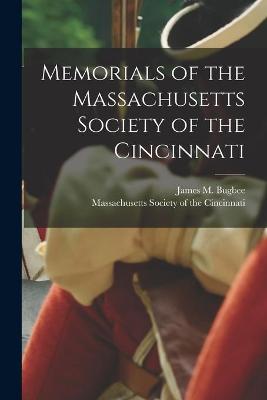
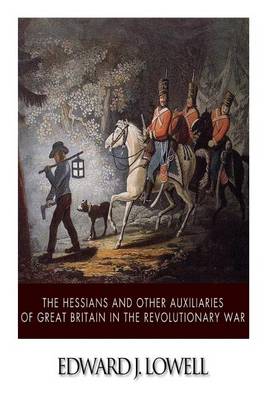
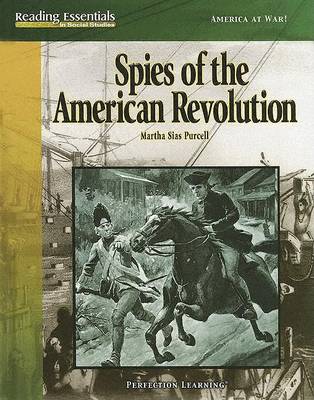

![Cover of Biographical Notes Concerning General Richard Montgomery [microform]](https://images.bookhype.com/covers/ef/73/94d3bd8e-4338-4abd-ad4c-e6fa803e37fe/9781015365995-e488bbc25dd7370abbc92c.jpg)
